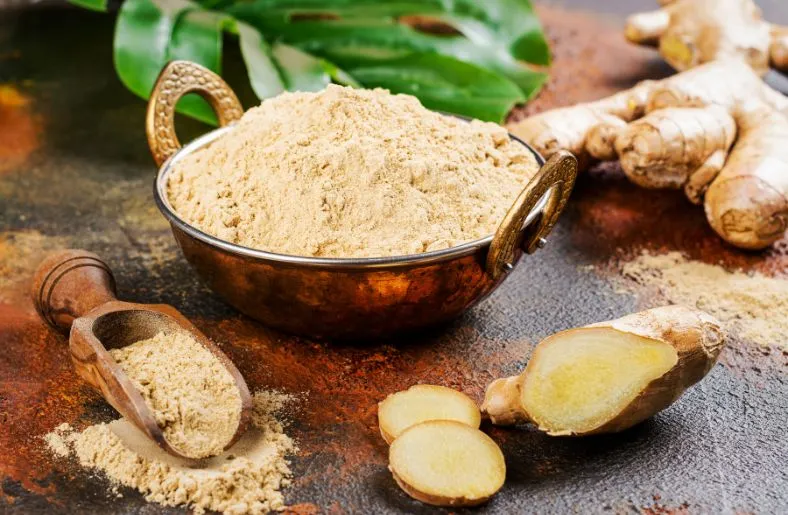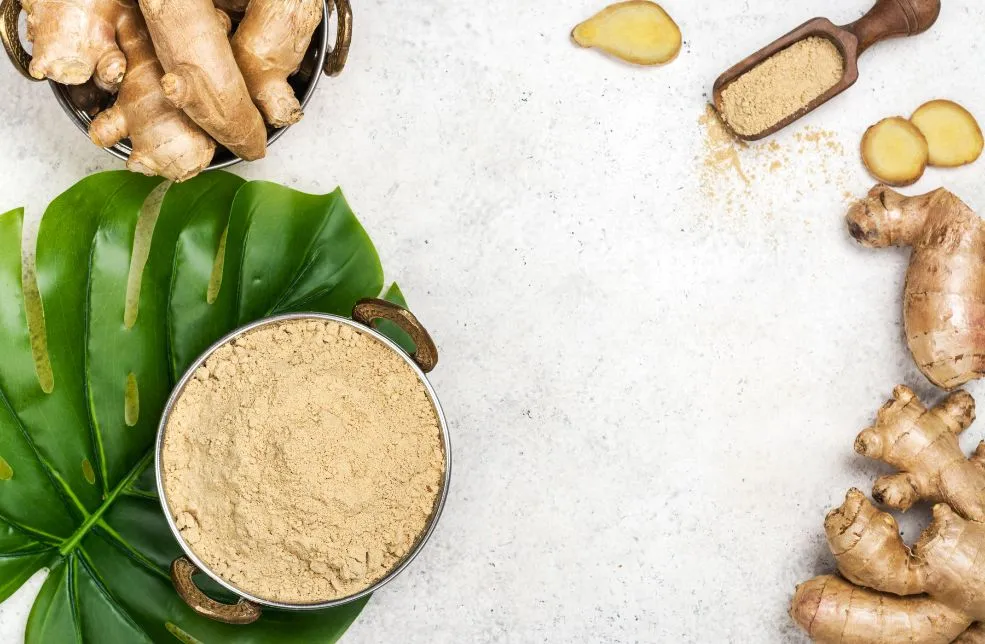Ginger, a popular spice known for its distinctive flavor and aroma, has been used for centuries in both culinary and medicinal applications. Many people wonder, “Is ginger good for liver and kidneys?”
This blog post will delve into the potential benefits of ginger for these vital organs, exploring what research has to say about this aromatic root’s impact on liver and kidney health.
Importance of Liver and Kidney Health
Before exploring whether is ginger good for liver and kidneys, let’s briefly discuss why these organs are crucial to our overall well-being.
The Liver: Your Body’s Multitasker
The liver plays a vital role in numerous bodily functions, including:
- Filtering toxins from the blood
- Producing bile for digestion
- Storing vitamins and minerals
- Regulating blood sugar levels
The Kidneys: Your Body’s Filtration System
The kidneys are equally important, performing functions such as:
- Removing waste products from the blood
- Balancing electrolytes
- Producing hormones that regulate blood pressure
- Activating vitamin D for bone health
Given the importance of these organs, it’s no wonder people are interested in natural ways to support their function. So, is ginger good for liver and kidneys? Let’s find out.
Is Ginger Good for Liver and Kidneys?
What Does the Research Say About the Liver?
When considering whether is ginger good for liver and kidneys, it’s important to look at the scientific evidence. Several studies have explored the potential benefits of ginger for liver health.
Antioxidant Properties
Ginger contains powerful antioxidants, including gingerols and shogaols. These compounds may help protect the liver from oxidative stress, which can lead to liver damage over time.
Potential Anti-inflammatory Effects
Chronic inflammation can be detrimental to liver health. Some research suggests that ginger’s anti-inflammatory properties might help reduce liver inflammation, potentially benefiting overall liver function.
Support for Liver Function
A few studies have indicated that ginger might help improve certain markers of liver function. However, more research is needed to fully understand the extent of ginger’s impact on liver health.
What Does the Research Say About Kidneys?
Now that we’ve looked at the liver, let’s turn our attention to the kidneys. Is ginger good for liver and kidneys equally? Here’s what current research suggests about ginger’s potential benefits for kidney health.
Kidney Stone Prevention
Some studies have explored ginger’s potential role in preventing kidney stones. While more research is needed, initial findings suggest that ginger might help reduce the risk of kidney stone formation.
Potential Anti-inflammatory Benefits
Just as with the liver, ginger’s anti-inflammatory properties might benefit the kidneys. Chronic inflammation can contribute to kidney disease, so reducing inflammation could potentially support kidney health.
Antioxidant Support
The antioxidants in ginger may help protect kidney cells from damage caused by free radicals, potentially supporting overall kidney function.
How to Incorporate Ginger into Your Diet
If you’re interested in exploring whether is ginger good for liver and kidneys through dietary changes, here are some ways to add more ginger to your meals:
- Brew fresh ginger tea
- Add grated ginger to stir-fries or soups
- Use ginger in baking, such as in cookies or cakes
- Blend fresh ginger into smoothies
- Make a ginger-based salad dressing
Remember, while ginger is generally considered safe for most people, it’s always best to consult with a healthcare professional before making significant changes to your diet, especially if you have existing liver or kidney conditions.
Related Guide: Ginger Medicinal Uses: A Comprehensive Guide (2025)
Other Natural Ways to Support Liver and Kidney Health
While exploring whether is ginger good for the liver and kidneys, it’s worth mentioning other natural approaches to supporting these vital organs:
- Stay hydrated by drinking plenty of water
- Maintain a balanced diet rich in fruits and vegetables
- Limit alcohol consumption
- Exercise regularly
- Avoid excessive salt intake
- Manage stress through relaxation techniques
Conclusion
Based on current research, ginger appears to have potential benefits for both liver and kidney health. Its antioxidant and anti-inflammatory properties may offer support to these vital organs. However, it’s important to note that while the evidence is promising, more research is needed to fully understand the extent of ginger’s benefits for liver and kidney function.
Incorporating ginger into a balanced diet may be a tasty way to support your liver and kidney health. However, it’s not a substitute for medical treatment or a healthy lifestyle. If you have concerns about your liver or kidney health, always consult with a healthcare professional.
Remember, the question “Is ginger good for liver and kidneys?” doesn’t have a simple yes or no answer. While ginger shows promise, overall health is influenced by many factors, including diet, exercise, and genetics. By maintaining a balanced lifestyle and staying informed about the latest research, you can make the best decisions for your liver and kidney health.



